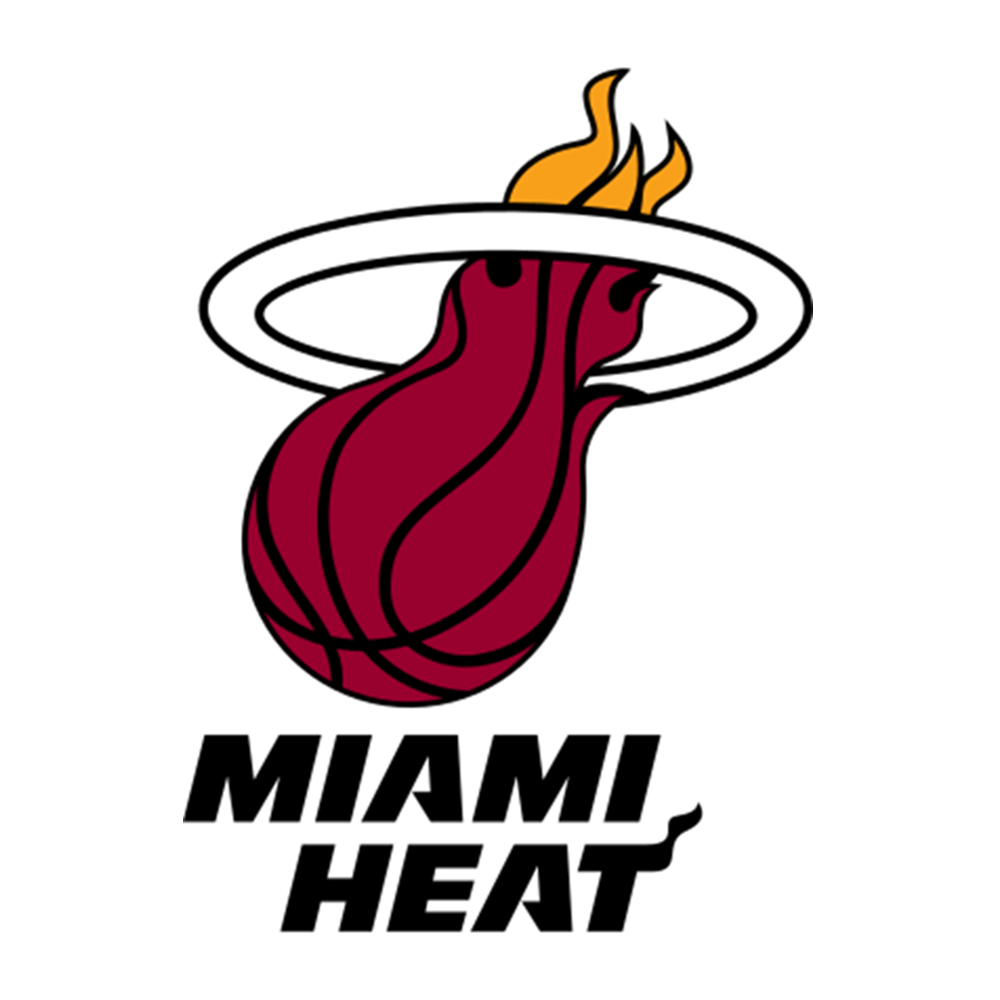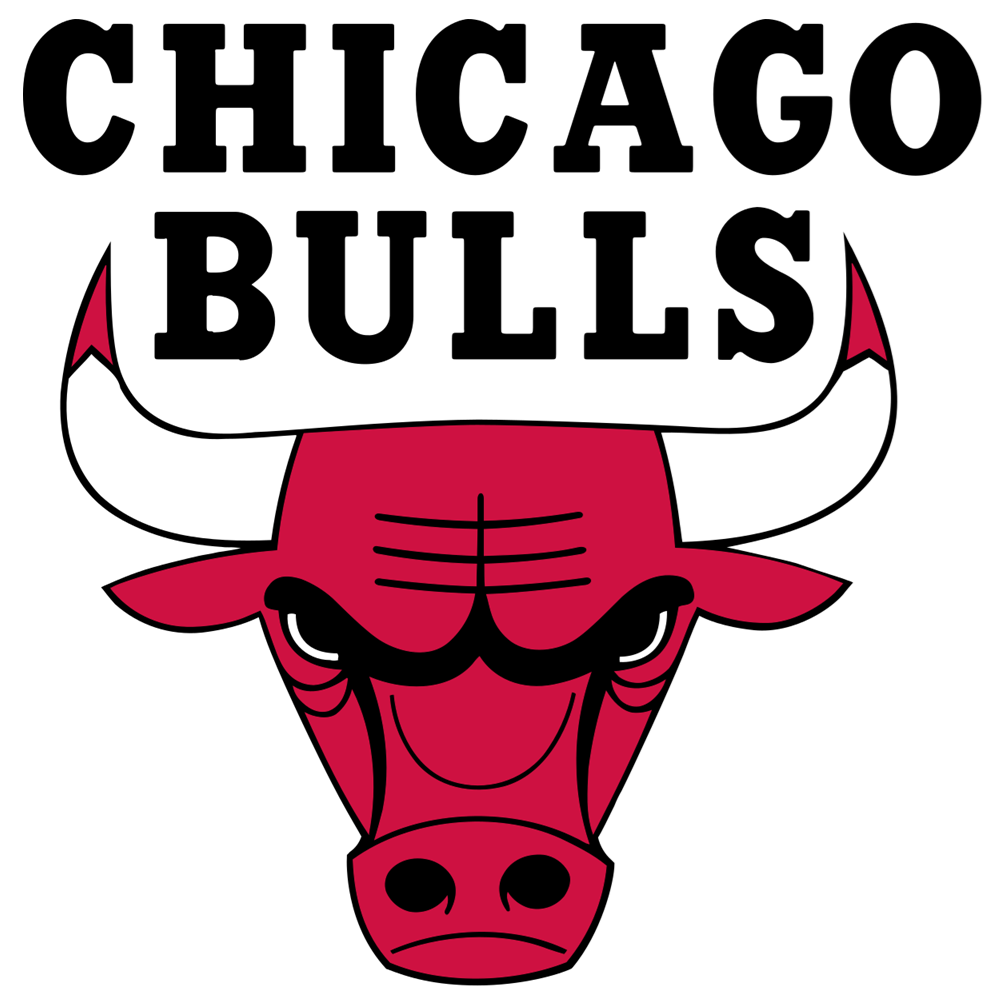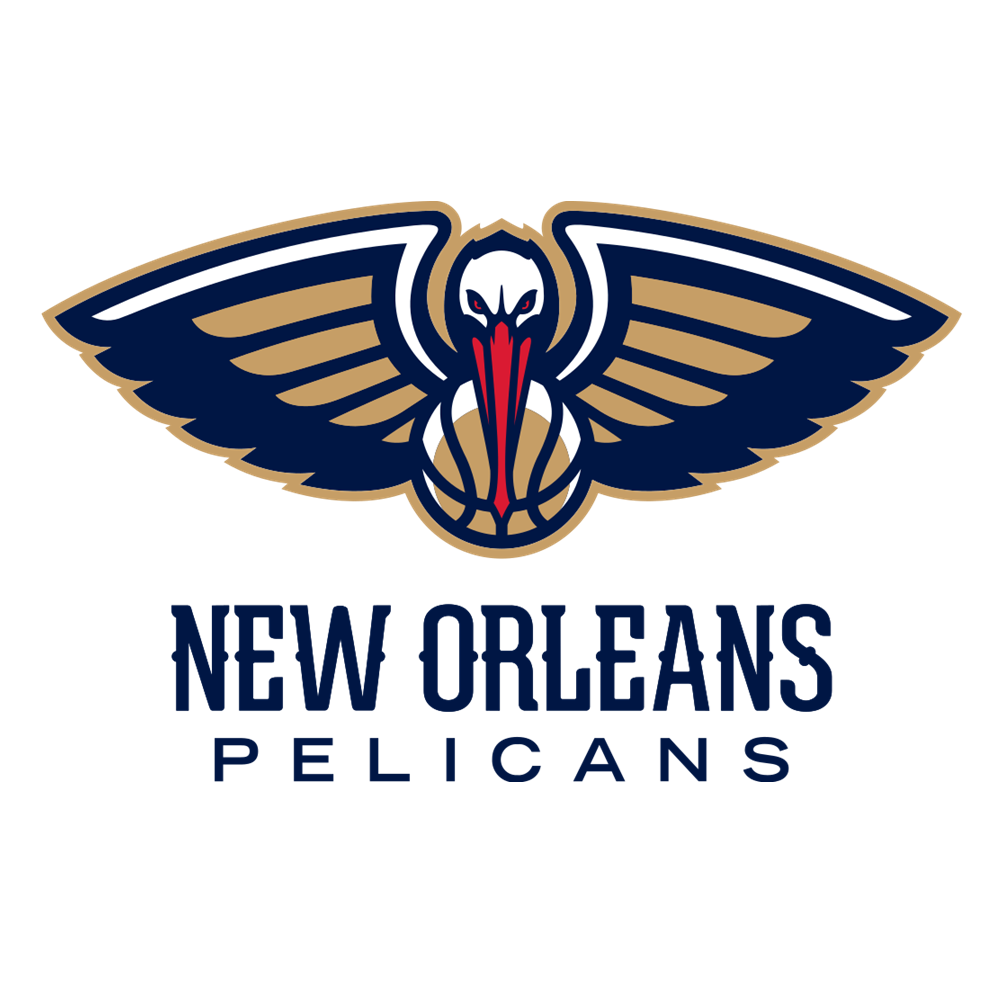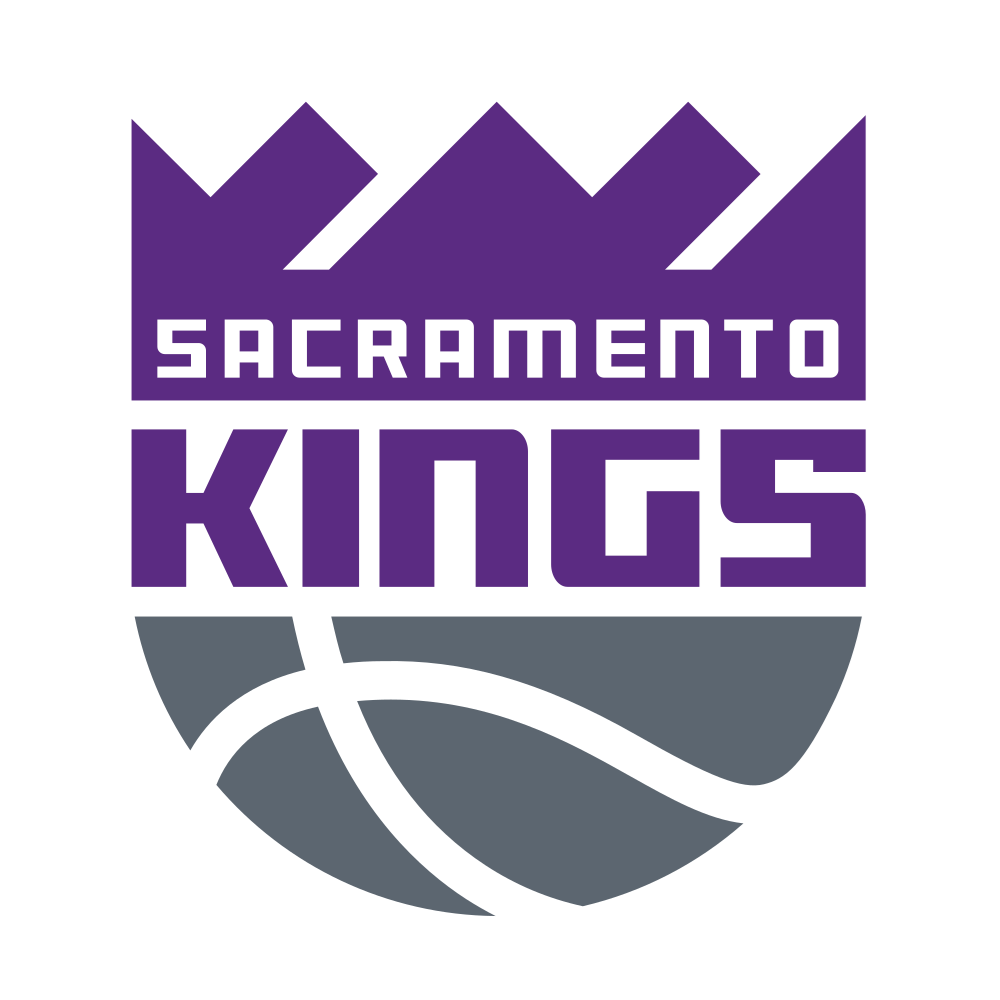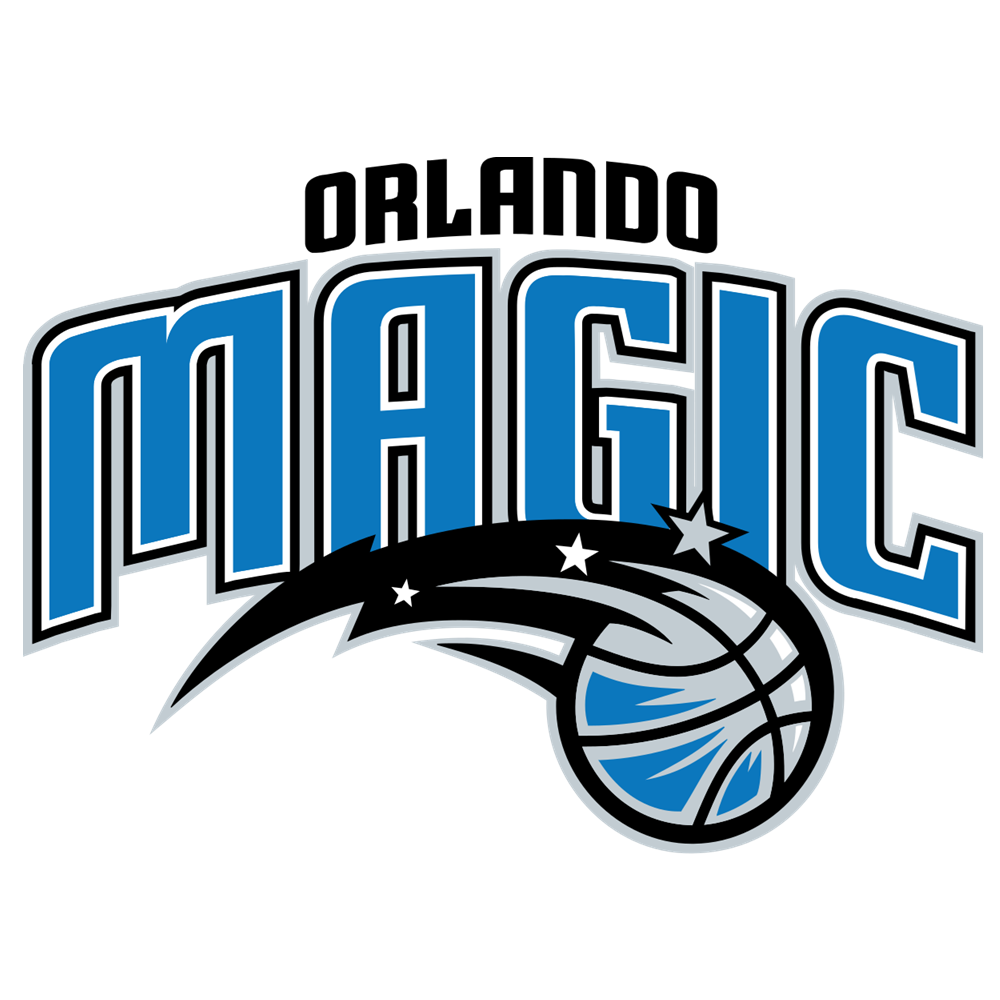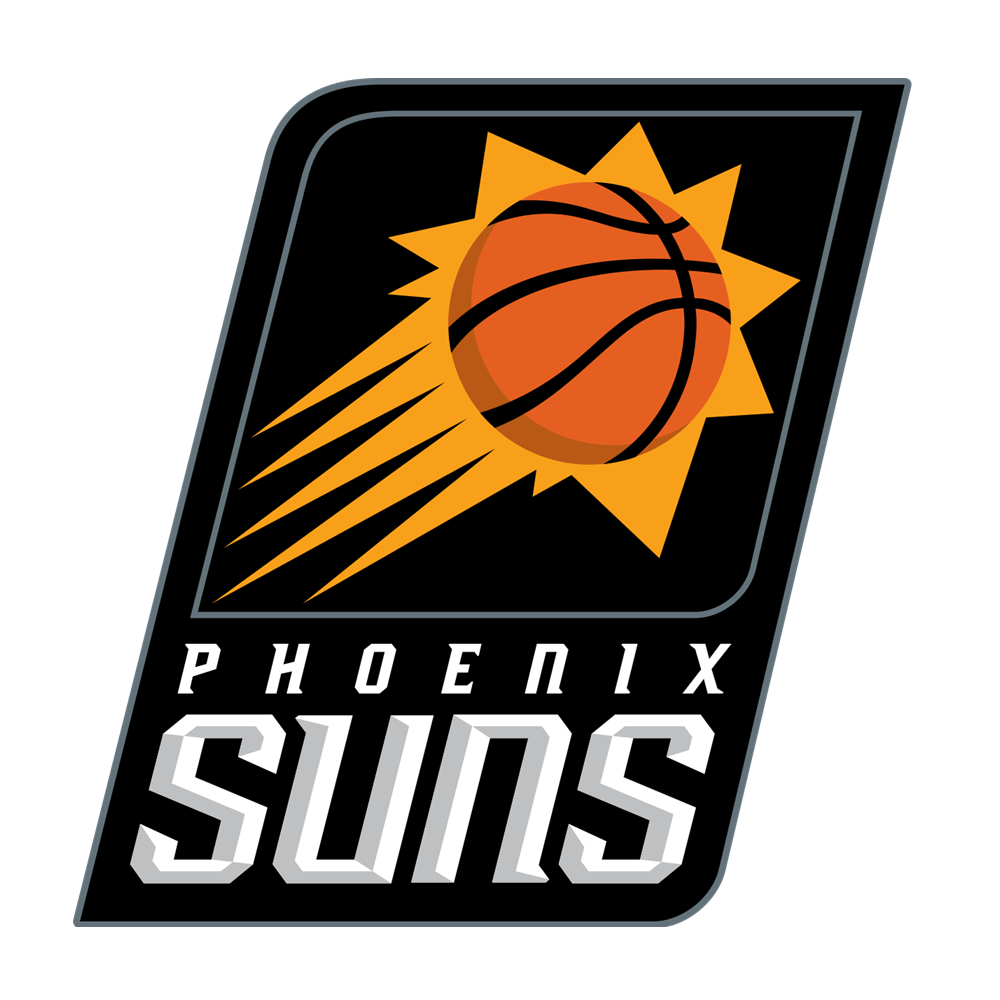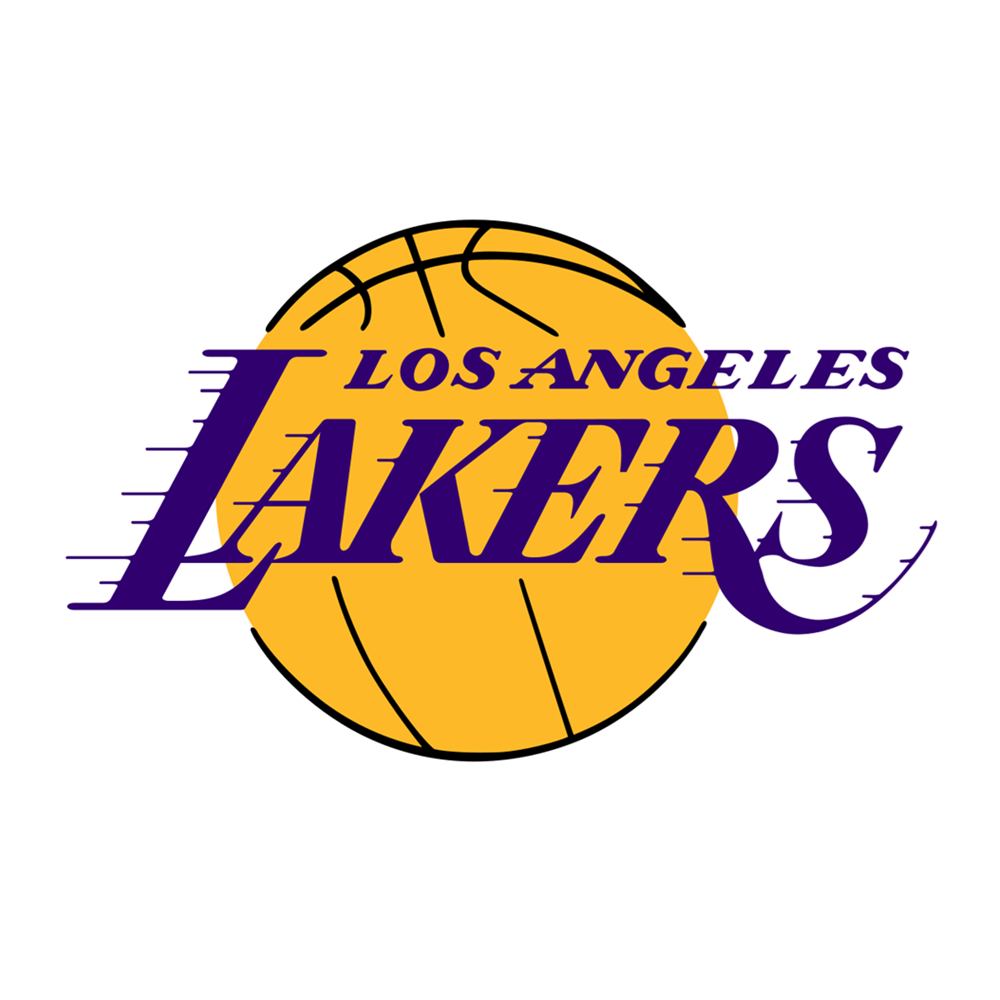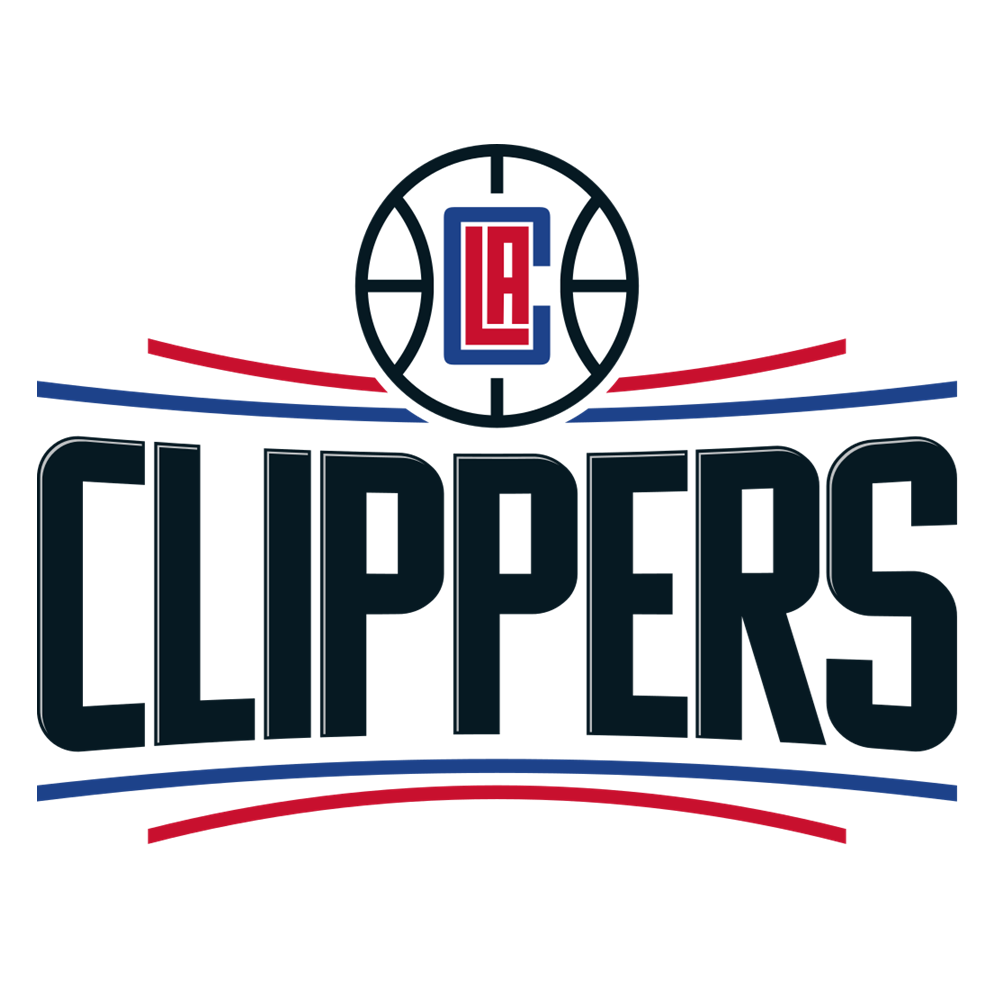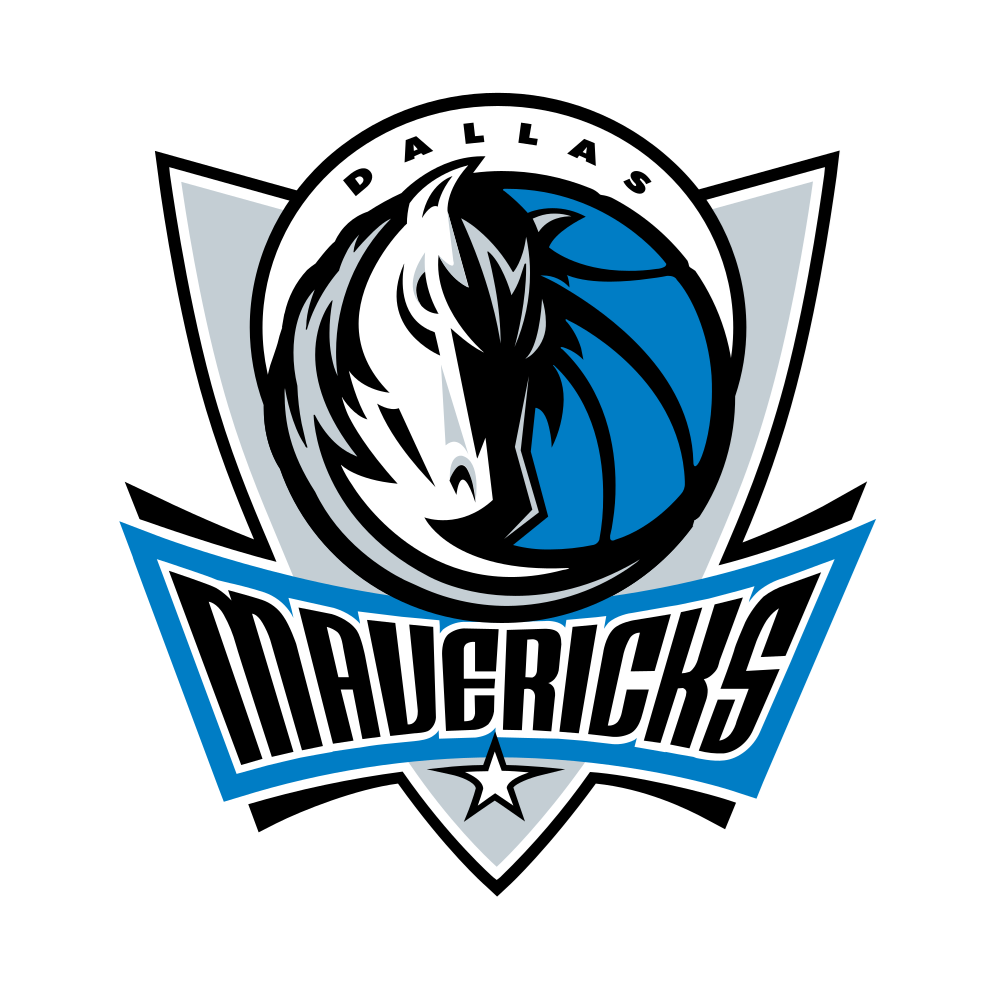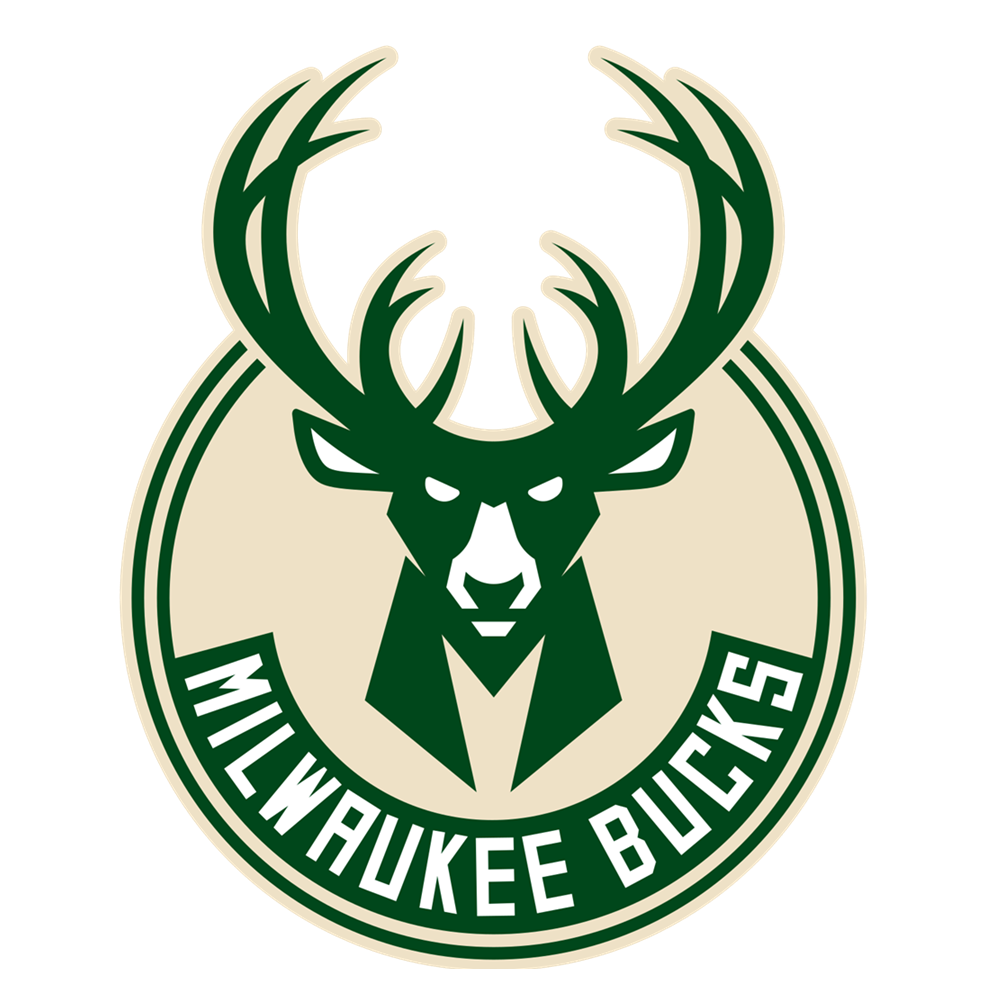GiveMeSport has learned that the Atlanta Hawks are trying to trade Dewayne Dedmon. While it appears to not have been reported prior, it nonetheless will (or should) come as no surprise to Hawks fans to know that. After all, why wouldn’t they be trying to trade him?
Dedmon was signed last summer to a two-year, $12.3 million contract, having played the previous season with the San Antonio Spurs. That season had ended anticlimactically, being benched by the time the playoffs came despite having played his way into the starting role over the season prior. Nevertheless, with averages of 5.1 points, 6.5 rebounds and 0.8 blocks per game, with a 16.0 PER and 1.5 win shares, Dedmon had otherwise played well and thus opted out of his contract with the Spurs (and his very small player option amount of $3,028,410) in order to try and get a bigger one.
His new deal with the Hawks was that. However, it is still not very big. With the full value of a two-year contract signed under the mid-level exception (itself designed to be approximately equal to the average salary) having been worth $17,232,300, Dedmon thus signed for a below average salary. He has subsequently gone on to be an above average player – adding three-point range to a solid mid-range shot, and a capable defender both internally and externally, he has improved every year in the league and is a solid two-way player.
Dedmon is thus underpaid and will opt out. The Hawks thus want to trade him before that happens and before he gets expensive. They would have more luck with this, however, had they paid him more in the first place.
Because of his player value, Dedmon’s trade value is directly diminished. Barring extremely serious injury, he absolutely 100% will opt out, considering the level at which he has played this year. Even if his market is dry again, Dedmon could at least the game as the amount of money he would be declining in his player option ($6.3 million) with relative ease. He has no reason not to opt out. And thus he is essentially an expiring contract.
Teams that either do not want to re-sign players on expiring contracts, or who are fairly sure they cannot do so even if they want to, often try to get something for that player before they expire, and almost always do so when that team is out of the running. That is normal practice and has been since time immemorial. It is logical and a sensible team-building strategic norm.
Dedmon would not be expiring, however, were it not for the player option. And he only has a player option because it is a concession to the fact that the contract he signed is not the long term contract he sought. Had he signed a bigger deal, he may not have wanted or needed to be given the right to be a free agent again this summer. And thus his trade value would have increased.
What we are essentially saying here is that the Hawks signed Dedmon to too small of a contract. Had they made it slightly bigger in exchange for having team control over that second year, they would have themselves a better trade asset. In certain circumstances, then, could it theoretically be better to give out more money in exchange for more control, even when that money needn't be spent?
This is not a baseless theory, as there is contemporary evidence of the effectiveness of doing so. Compare Dedmon's situation with the most recent contracts of Trevor Booker with the Brooklyn Nets and Nikola Mirotic with the Chicago Bulls.
Firstly, Booker. Always short of draft assets in light of the infamous trade with the Boston Celtics, and in no position to sign any free agents of note any time soon, Sean Marks's team instead targeted decent veterans whom they could sign to decent-value contracts, partly so as to improve the quality of the team on the court thereby facilitating the development of the young pieces they did have - after all, there was no draft pick to tank for - but also with a view to reselling them down the road. Jeremy Lin was one, and Booker was the other, signed to a two year, $18.375 million contract in the summer of 2016.
Booker has stuck to both halves of that task perfectly. For the first year and a half, he was a good solid veteran for the Nets, contributing defensively, on the glass and scoring with paint touches as both a power forward and a small-ball centre. And it is because of his solid play in this new heady-bench-veteran role that just sort of sneaks up on younger players that he was able to be traded last month, yielding all of Jahlil Okafor, Nik Stauskas and a future second round pick in exchange from the Philadelphia 76ers.
With that returning trio, the Nets have an opportunity to see if any of them can become useful pieces for the team down the road. Even if only one of them does, it is a worthy return for a player in Booker whom they would have had trouble re-signing anyway, and whom would have done little for their long term ambitions even if he had done so. By signing him to the deal that they did, the Nets were hopeful of creating a trade asset. And it worked.
This is the exact outcome Atlanta wants to see with Dedmon. But through having the second season on his contract in the team's control, Booker had 18 months to prove himself as a player at that price, and Brooklyn had the time to find a match for him. The Hawks do not have these luxuries.
Meanwhile, the Chicago Bulls are trying to do the same.
This past offseason, after protracted negotiations, the Chicago Bulls re-signed Mirotic to a two year, $25 million contract. Crucially, however, the second year of that contract is a team option season. Not even a season of unguaranteed salary, but an actual, old-school, retro team option, meaning that whichever team he is on has until the close of business on June 30th to extend his contract for one more year at $12.5 million, or decline and let him expire.
Having this team control gives Chicago, or whichever teams owns Mirotic's contract at that time, options to work with. They can decline it and have him as a free agent with full Bird rights, available for re-signing or for a sign-and-trade if so desired. Or they can keep him. The attack is therefore two-pronged. If traded for as an expiring contract, his value as one is increased by the larger contract. And if traded for as a player, he can be one for at least 18 months.
To get this team control cost the Bulls $25 million on a player who, with his play the season prior, had not earned that. From the player's point of view, the financial incentive might negate the loss of control; from the team's point of view, the extra money creates extra trade value when dealing with contracts this short. Considering the intent of re-signing Mirotic was to trade him down the road in what is essentially a prolonged sign-and-trade, the Bulls needed to maximise the potential of their trade asset. $25 million with a team option does this more than $20 million with a player option does.
It might not work, of course. Mirotic is still to be traded, and while the list of teams that could really use him as a player is quite long - may I at this juncture float Toronto as a very good fit - the list of teams who would both want his on-court contributions and have the off-court means to get him is much shorter. There is talk of a Utah deal, but as the Jazz continue to fall away, it might not be too likely any more.
Nevertheless, in signing him to this deal, the Bulls have given themselves one of the hotter properties for sale on this month's trade market. Hotter than Dedmon, certainly. For a team not known for its asset management or creation, they have fashioned up this one quite well.
There is nothing wrong with the Hawks signing Dedmon or anyone like him only as a rental who can quickly increase his value with a view to turning him around for assets. Indeed, as we commented upon in a previous look at the concept, mediocre to poor teams signing veterans to team friendly contracts with a view to dealing them for the future assets they otherwise lack could be, and perhaps should be, a new paradigm. It sure worked with Booker.
However, it only works if there is value there, and there is only value there if there is team control there. Chicago might reap the rewards of the Mirotic re-signing in the form of a first round pick precisely because of it. Atlanta, though, may well get nothing. And perversely, it will be because they didn't pay him enough.
